Tales from the Trenches with Sioux Campbell

A bit about myself and my organisation
In my paid job I’m the disaster resilience officer for the Cairns Region. In my “other life” I’m on the board of directors for the Tangaroa Blue Foundation and Cairns Community Radio and actively involved in marine conservation issues for Far North Queensland. I do triathlons and I dive. This is my sixth year in Cairns after moving from New Zealand, where I was an environmental engagement specialist.
The Cairns Disaster Management Unit is part of Cairns Regional Council. Our team of three is based at the Cairns Local Disaster Coordination Centre, a purpose-built “bunker” from which any coordinated disaster response can be managed. We’re involved with nearly every aspect of council work as well as with many external groups and organisations.
My role
In day-day life my job is to support the development of increased community resilience. I liaise and work directly with a huge range of people on all kinds of issues related to resilience – not just about disasters. I also do a lot of work on related operational planning and procedures. During a disaster I become part of the incident management executive team taking a lead role in disaster response.
A typical day?
They’re all really different! I can be anywhere from spending a few hours in the office catching up on planning, research and reporting to meeting colleagues or community members on shared projects, facilitating workshops or participating in community activities and events. If a disaster is imminent (such as an approaching cyclone) all my time is taken up with community communication, helping set up the incident management team, sorting out public sheltering options and managing information requirements.
Good and bad experiences and how they’ve helped me grow
In terms of bad – early on in my career, being involved in public meetings which were not well thought-through and somewhat more recently, offering focus groups for which no-one turned up despite targeted promotion, incentives to participate and so on. Many good experiences! One of my favourites is engaging our deaf community in growing their disaster resilience. This is an ongoing project in which deaf people work with the unit to create communication methods and procedures providing them with the same information available to the hearing world. As all our disaster information relies on sound, it’s a critical public safety issue which hadn’t been addressed in the past. Being open to what this amazing group of people have to share and doing my best to incorporate their ideas in a practical way has been incredibly rewarding, earning friendships and trust along the way. We continue to explore the barriers many deaf people face in written and spoken language as time goes on and new issues are identified.
These experiences have made me a more humble person personally and professionally. I frequently realise how little I know and how much I can learn from others.
Most rewarding aspect of working in this field?
There is always something new or different happening or an opportunity to be taken up! Many of these opportunities come from the communities I work with, so we find ways to implement them or create projects from them together. A recent example is developing emergency broadcasting skills for culturally and linguistically diverse communities through our regional community radio station.
A lot of interesting public safety information is always becoming available in the disaster management world. Being able to share this openly with our communities so their knowledge base expands and they are better able to help themselves, their families, friends and neighbours is very empowering.
Most challenging aspect of the role
Complacency about the likelihood and real impact of disasters is alive and well in our region! Many people have never experienced a disaster event and because one hasn’t happened in the Cairns region for a long time, urban myth says “it doesn’t any more”. It can be very difficult to make the topic current or to engage people in becoming more resilient when the hazard seems distant. In my career I have also experienced a general lack of engagement interest, the belief that engagement won’t make a difference, engagement overload and sometimes simply disinterest. In my experience these disengagements are harder to deal with than intense interest in a hot topic!
Why did I enter engagement as a profession?
I didn’t really mean to …. this aspect of my career somehow evolved from being a media person to a public relations practitioner to … public engagement. More and more of my work in the conservation arena seemed to involve public participation and I eventually went on my first IAP2 (foundations) course. As a community member I have a strong sense of having the right to have a say about decisions which affect my life, so suddenly with IAP2 it all made sense!
Three biggest lessons – personally and professionally
- Take nothing for granted.
- People can (and will) frequently surprise you.
- The means will nearly always justify the end.
What advice would I give to newbies?
- Whenever you can, become a community member – find out for yourself what it’s like “to be the engaged”.
- Don’t rush – learn as much as you can about the issues, the people, the concerns etc.
- Be clear about the levels of engagement and your intent. Don’t fake it.
